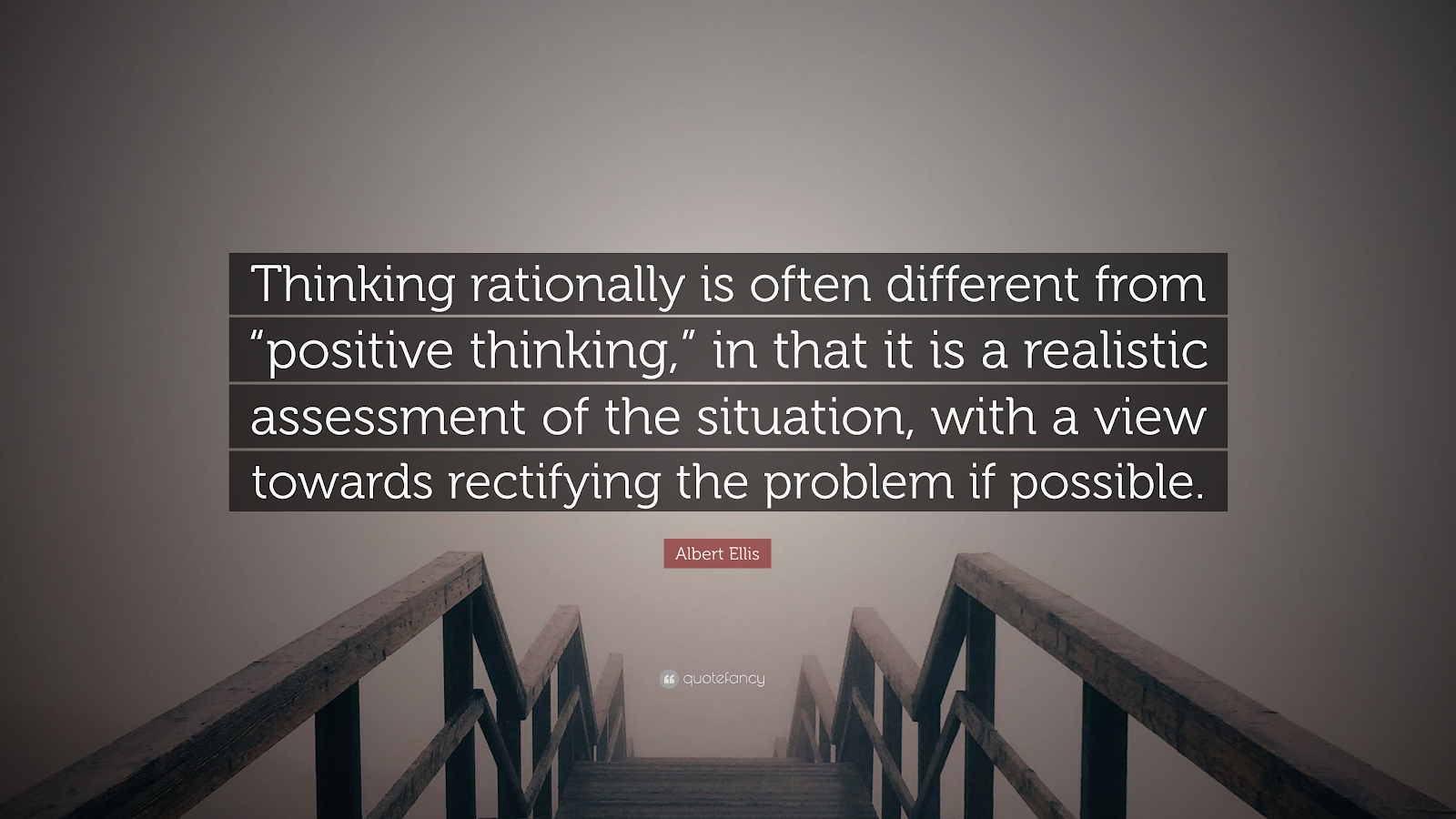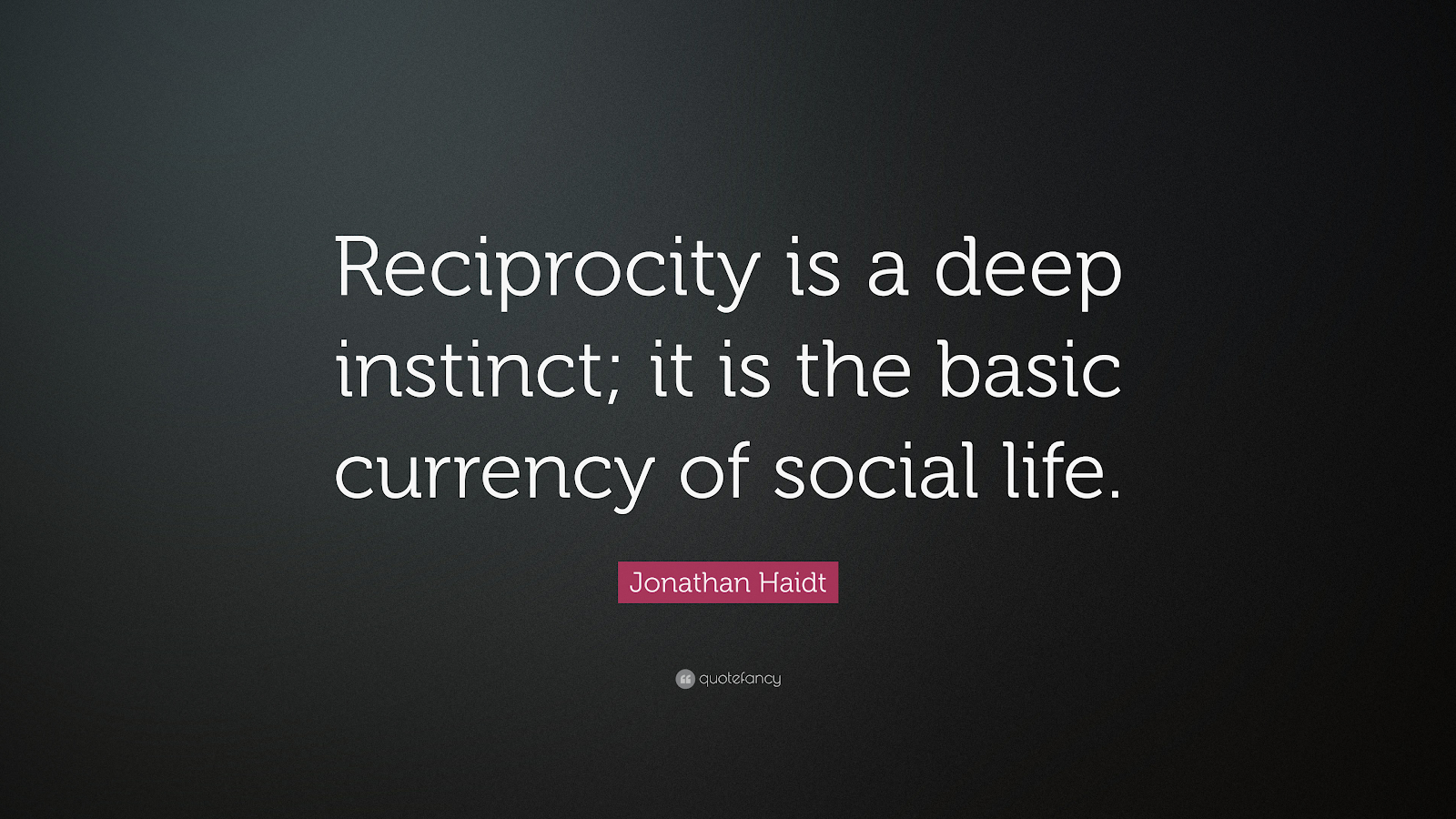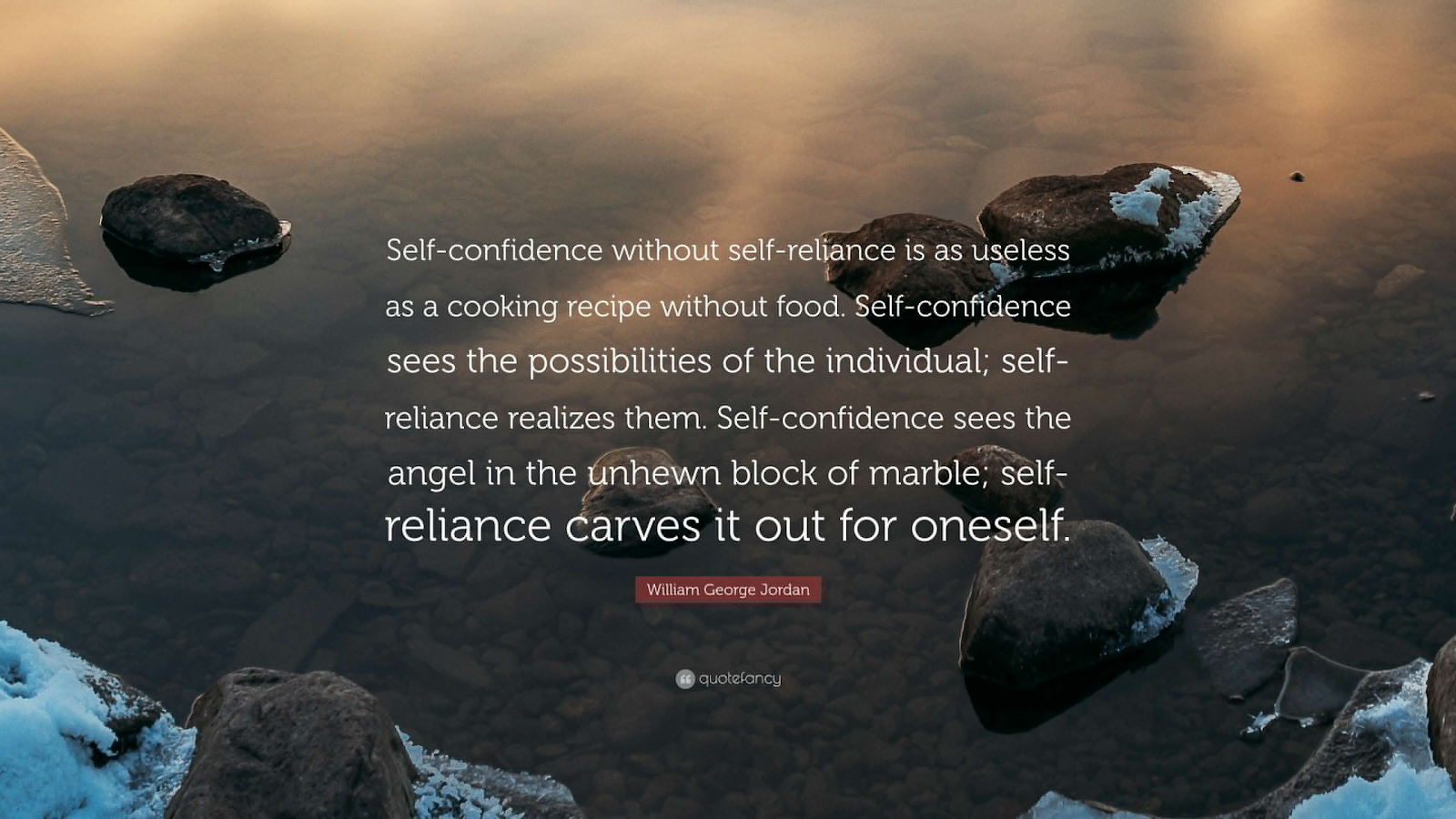Otherwise known as a Buyer’s Remorse, it is an indication of loss of confidence and has become a slang among real estate professionals. Buyer’s remorse, better referred to as cold feet, usually describes a situation where a buyer pulls out of a buying process, because they had doubts about their decision, or seemed to be seeing only uncertainties beyond the buying process..
For instance, you’re a first time home buyer and you just agreed to the terms and conditions of a contract settlement. In a matter of minutes, you’ll be the new owner of the property. You’re anxious while you wait for a response, nervous the most, but excited at the same time. It’s the moment you've been dreaming of your entire life. Any moment now...5...4...3...Wait! You retrieve your phone in your pocket and you dial your mom, your best friend...You’re so ecstatic that there remains the possibility of calling your pet dog.
The countdown seems infinite, and then...Doubt sets in, like a storm brewing in the distance out of nowhere. You say to yourself, “What the hell did I just do?”
Exactly, those numbing thoughts and unrealistic fears you can’t keep from criss crossing your mind. “What have I done?” you feel yourself fighting back a terrible gulp. “What if…?” the question rolls off your mind like America’s twelfth amendment in a hail of suffixes forming not one, but multiple words as corresponding questions, all but negative.
Root cause(s)
One after another, these abstract scenarios keep feeding off your doubts. You're imagining yourself without a job after purchasing the house and how that's gonna solve your loan outstanding. What happens if you leave this life for the next? Who'll take care of your children and your spouse? What will happen to the house since you haven't paid off the mortgage yet?
Did you spend more than what you first hoped for? Was the other alternative purchase rational than this one? Was it out of impulse? These are the thoughts common with first time homebuyers, which can subsequently change the wellbeing of the individual if not attended to promptly - that's buyer's remorse.
At this juncture, you might find yourself wanting someone whom you can easily confide in, such as a relative or a close friend to smother these inhibitions. But as assuming as they come, sometimes you'd end up with someone who wouldn't be of any help at all. Taking you as irritably gullible, they beguile you with stories of similar circumstances, further adding to your apprehension.
A willing comfort
Once you detect this predicament, immediately detach yourself from the conversation and find a willing comfort who won't tend the flames of your distress. Someone who wasn't present during the home buying transaction, yet is able to listen and offer fruitful advice.
While real estate agents are trained in helping you handle buyer’s remorse, you might still prefer someone who simply had nothing to do with your homebuying endeavour.

Despite being contaminated by these uncertainties, "Ben Frank" (Benjamin Franklin) the hell out of the situation. In other words, weigh the pros and cons of the circumstance, with Ben Franklin's Effect in mind. Get a piece of paper and a pen and draw a dual column table, titled 'To Buy Or Not To Buy'. Divide the row right after into two separate columns; one labeled YES, and the other NO. Now you make a list of reasons why you should or should not buy the house on opposite sides, under the corresponding labels.
To Buy Or Not To Buy? |
||
|
No |
Yes |
|
|
The home is too expensive |
The home is not too expensive because you are pre-qualified and pre-approved by a mortgage lender |
|
|
The mortgage payment is much higher than the rent |
The tax deduction for mortgage interest makes your payment less than renting |
|
|
You don’t know anything about home repair |
There are more than one way to skin a cat. In other words, if you don’t know anything about home repair, there’s always the choice of seeking help elsewhere. Even better, if the seller offers to cover your first year’s repairs as part of the home warranty. |
|
|
You might not like the home after living there for a few months |
Do you know who Eddie Murphy is? He once said, “All men are sculptors, chipping away the unwanted parts of their lives, trying to create their idea of a masterpiece.” If you have that kind of mindset, guess what? It is possible you might love the home even more after living there for a few months, as you chip away at the unwanted to make it suitable for you. |
|
|
The home requires upgrades and you can’t afford to make any improvements. |
You can make home improvements as your budget allows, if it’s in your DNA. |
|
|
A huge boulder suddenly falls out of the sky onto your home, smashing it into pieces |
If a boulder was suddenly regurgitated by the sky directly onto your house, then you have more things to lose sleep over than your house |
|
The funny thing here is that, while your doubts continue to flood your mind as you begin listing your reasons, you will realize that you won't seem to have any real cause to buy the house. However, once you complete the table, you'll be surprised to find that there are a number of good, in fact, excellent grounds to buy the house, after all.
What is the Ben Franklin Effect?
According to Wikipedia, it is a proposed psychological phenomena. Nonetheless, the effect is named after Benjamin Franklin, one of the founding fathers of the United States, and it was realized in a note written by himself of borrowing a book from a rival who became a good friend of his until his rival’s death.
The Ben Franklin effect refers to the occasion where you ask someone for a favor and, in doing so, they do. This particular person whom you just asked will then be obliged to help you again in the future. However, it borders on the person's willingness to help, and not by way of force on your part. And there are many happier connotations to it if used correctly, such as in this case where it’s not a disdain if you sought help within yourself or elsewhere.
In a way, the Ben Franklin effect ties in with reciprocity and cognitive dissonance, which will be referenced in detail in later articles.
Remember your primary reasons
Equally effective, make sure your preliminary reasons to buy the house make it on the YES column. Doing this might just unveil the primary thrill and tension of buying the house in the first instance. It was there all along, but your mind was too tainted to realize.
These reasons can embody the need for space, for privacy without much hassle, or because growing up you've seen how mum and dad were kicked out of the house by your uncles, and the only place to shelter was a makeshift tent. Now you’re in a position where you can easily buy a house for both mum and dad, so, nothing’s gonna stand in your way. The rest is urban legend.
This system of reasoning is the nemesis of buyer's remorse. Also remember that it's not uncommon to have buyer's remorse. It's phenomenal, it's uninvited but it's natural and manageable. You just have to deal with it in a certain way that it has no power over your circumstances.
This article is meant for informational purposes only and is not intended to be construed as real estate, or investment advice. Hausples encourages you to reach out for professional help regarding your own real estate situation.
Subscribe to our email newsletter to get the latest updates delivered right to your inbox for FREE!.









Comments